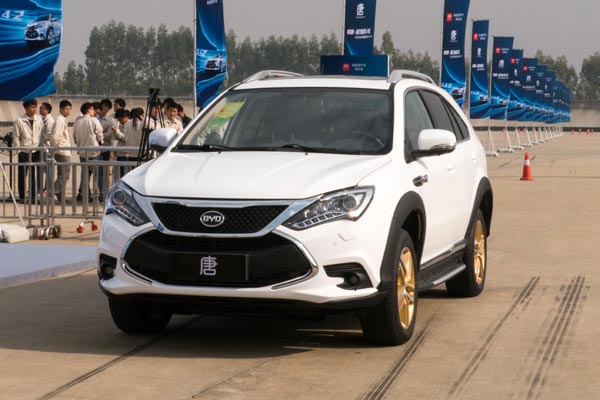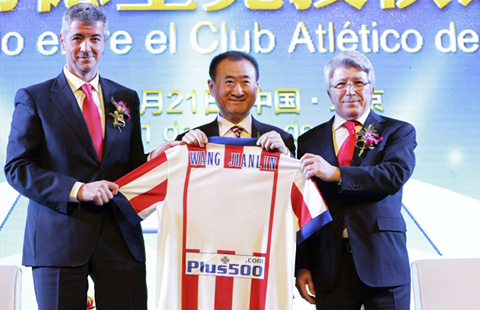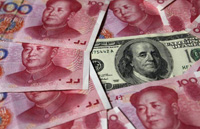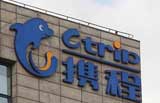BYD pins hopes on an SUV hybrid revolution
By HAO YAN (China Daily) Updated: 2015-01-26 09:12
|
 |
|
BYD launched a new hybrid sport utility vehicle, named after the ancient Chinese dynasty Tang, and announced plans to boost its presence in the SUV sector. [Photo/China Daily] |
Chinese carmaker BYD announced its "5-4-2" plan for its series of hybrid sport utility vehicles at a gala last week in Shenzhen, its home in Guangdong province.
The plan's name comes from the performance figures of the cars, which are named after ancient Chinese dynasties. They accelerate to 100 kilometers per hour in 5 seconds, boast four-wheel drive systems and have fuel consumption of 2 liters per 100 km.
BYD's chairman and president Wang Chuanfu said on Jan 20 that he was confident of the new products competing in China's SUV market, which saw the overall sales volume surge 35 percent last year, five times that of the sedan segment.
The carmaker launched its first product, called Tang, under the "5-4-2" plan. The car is powered by three engines, a combustion motor and two electromotors.
The turbocharged 2-liter, 151-kilowatt engine is at the front with a 110 kW electromotor under the hood and another 110 kW electromotor at the back.
The top speed version carries a 150 kW electromotor under the trunk, which replaces the 110 kW motor.
The newly launched hybrid Tang can accelerate from 0 to 100 kilometers per hour in 4.9 seconds, with the top speed edition reaching the 100 km/h mark in 4.5 seconds.
This year, the Warren Buffett-backed company will also release its mid-size hybrid SUV Song and compact Yuan, which are also named after ancient dynasties and use the three-motor hybrid powertrain.
The new models avoid direct combat with international carmakers' sedans, said Wang after the gala.
In the SUV market, the gap between Chinese brands and international brands is not as wide as it is in the sedan segment, according to Lian Yubo, senior vicepresident of the company.
From 5:42 am on Jan 21, customers started placing orders for the cars online and in 12 minutes 100 cars had been ordered, including two top speed versions.
A KPMG survey released in January said that 17 out of 25 Chinese executives in the automotive field expected the share of electric vehicles (including hybrid, battery and fuel cell electric vehicles) to be between 11 and 15 percent of overall new car registrations in 10 years time.
- China's machinery sector faces overcapacity
- Probe into 'sub-standard' Sumitomo Rubber tires
- Rich Chinese pick Apple as gifts choice
- China's 'most polluted' now a shining example
- Chilean dairy cows shipped to Tianjin
- Young business owner fights for his own success
- China to expand Shanghai FTZ policies nationwide
- Kaisa default woes for junk-rated China property borrowers

















